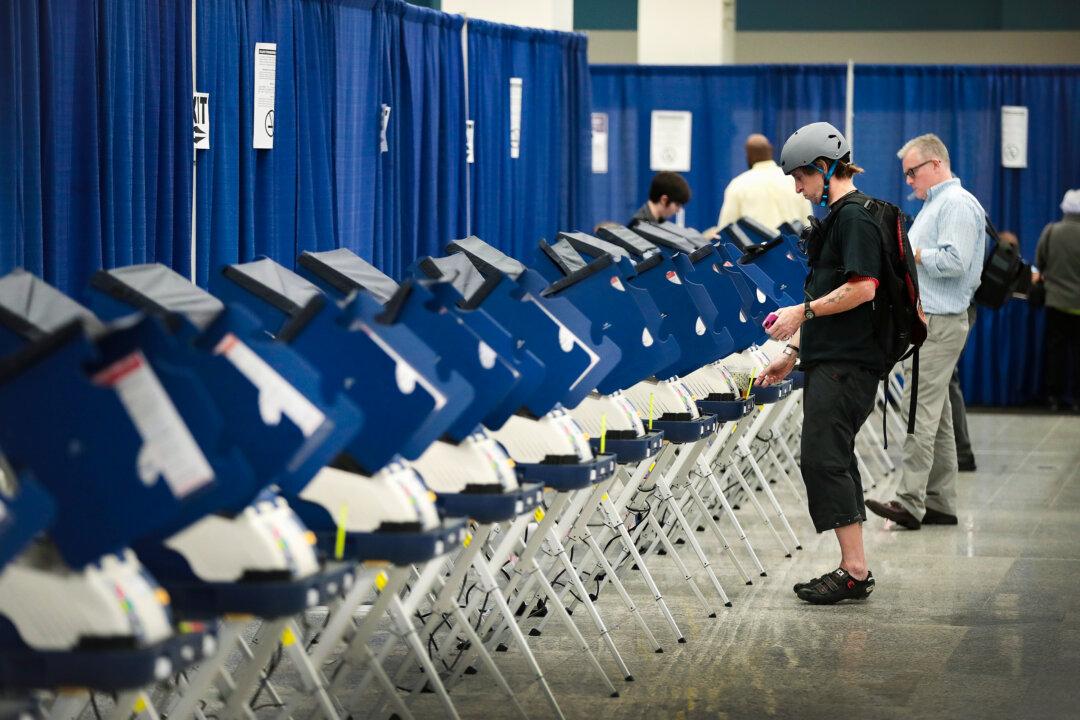An Illinois judge on Wednesday halted a newly enacted state election law that prevents candidates from gaining access to a major party ballot through an alternative “slating” option.
Prior to the change, a local committee for a political party could nominate, or “slate,” a candidate to a general election ballot even if no member of that party filed nominating petitions for the primary, so long as the candidate gathered the required number of petition signatures.





